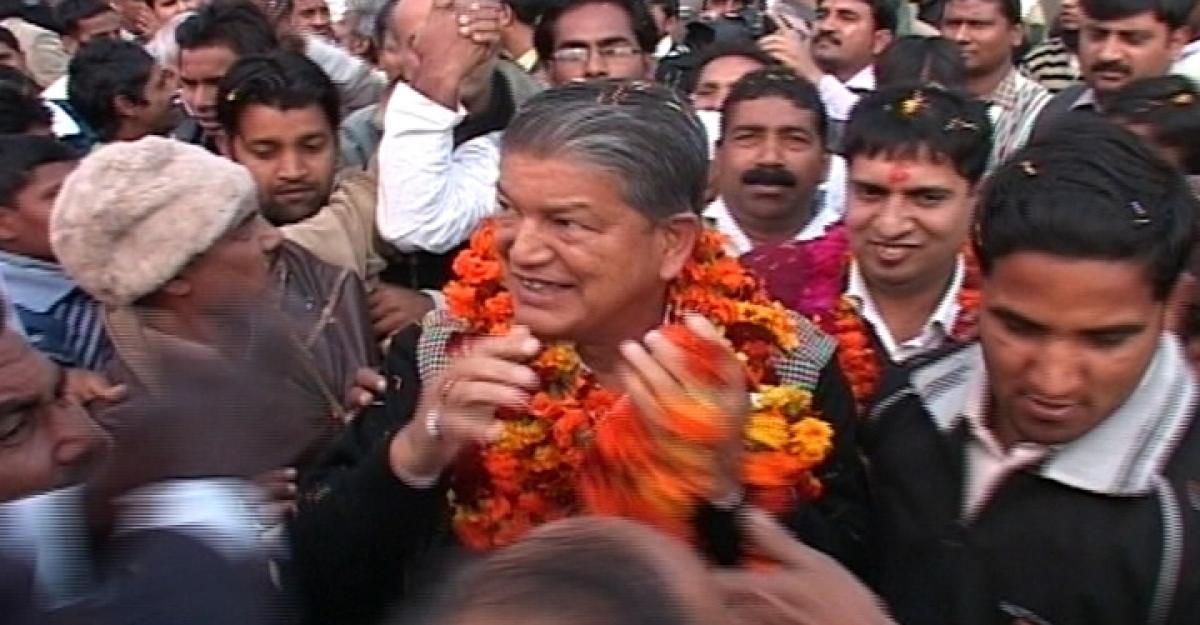Political immorality and constitutional subversion

The developments in Uttarakhand took an ugly turn with the Union government recommending President’s rule. The Centre’s defence deliberately confuses between political immorality and constitutionality of the move.
The developments in Uttarakhand took an ugly turn with the Union government recommending President’s rule. The Centre’s defence deliberately confuses between political immorality and constitutionality of the move. The Centre opines that the continuance of Rawat government was unconstitutional after the Speaker declared the Appropriation Bill passed without allowing a division pressed for by 35 MLAs, including nine Congress rebel legislators.
As per the Constitution, the government should go if Appropriation Bill is defeated. But, the Speaker calls it as ‘passed bill’ while Jaitley alleges that it is ‘failed bill’. Assuming that Jaitley is right, the Constitution does not give the Union government power to adjudicate on the status of any bill in the state legislature. The office of the Speaker is the final authority as far as the proceedings of the House are concerned.
The constitutionality of it can only be decided by courts but certainly not the Centre. It may be recalled that the Andhra Pradesh State Reorganisation Act was declared passed in Rajya Sabha disallowing division. However, the Appropriation Bill can be passed even on March 31. There is a floor test on March 28. If Rawat wins, his government can get the bill passed.
If he loses, the Centre can act as per Article 357 to make alternate arrangements. But, Centre cannot dismiss a state government on this ground. The Centre claims that it has come to the conclusion that Rawat government has lost the confidence of the house. It may be true. But who should decide it. The Supreme Court has clearly stated in the famous S R Bommai case that the majority of an elected state government can only be tested on the floor of the legislature but not in the office of Central government.
The Sarkaria Commission that looked into Centre–State relations also made a similar recommendation. But, the dismissal of the Rawat government now renders confidence vote scheduled for today infructuous. The Speaker has disqualified nine rebel Congress MLAs to enable Rawat government to sail through the floor test.
The Centre has taken the controversial decision to clamp President’s rule a day before the floor test to preempt this development. This may be a politically shrewd move. But, the Constitution says that the Speaker is entitled to pronounce his decision on the defection of MLAs. In fact, the nine rebel MLAs stand disqualified under the anti defection law as they have voluntarily given up the membership of the party from which they were elected to the legislature.
But, the petition to disqualify a BJP MLA who crossed over to Congress was not taken up by the Speaker. Jaitley cites the discriminatory treatment of anti defection law as justification for the Centre’s move. If so, What about Telangana legislature where too the Speaker accepted the claim of TDP rebels while he is yet to consider other disqualification petitions?
Indulging in horse trading cannot be the Constitutional ground for imposition of President’s rule. The phenomenon of horse trading is in full swing in both Andhra Pradesh and Telangana. Both the Congress and the BJP indulged in political immorality. But Centre’s decision cannot stand judicial scrutiny.

















